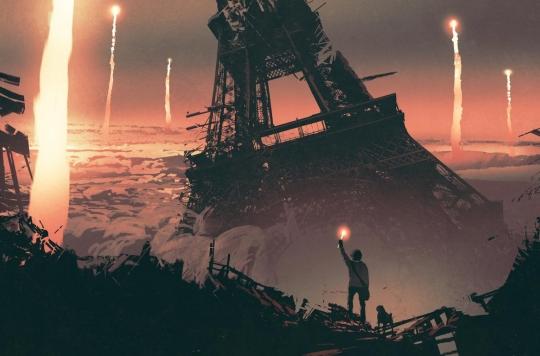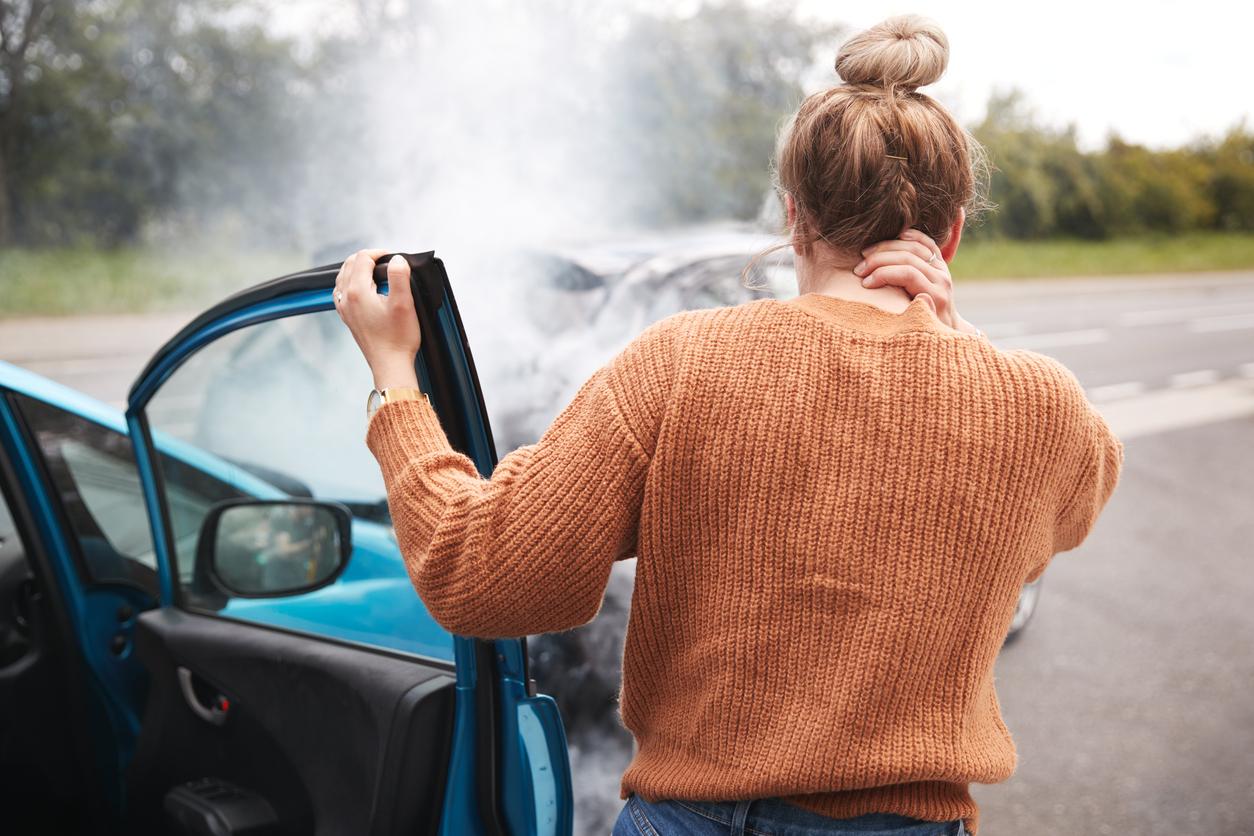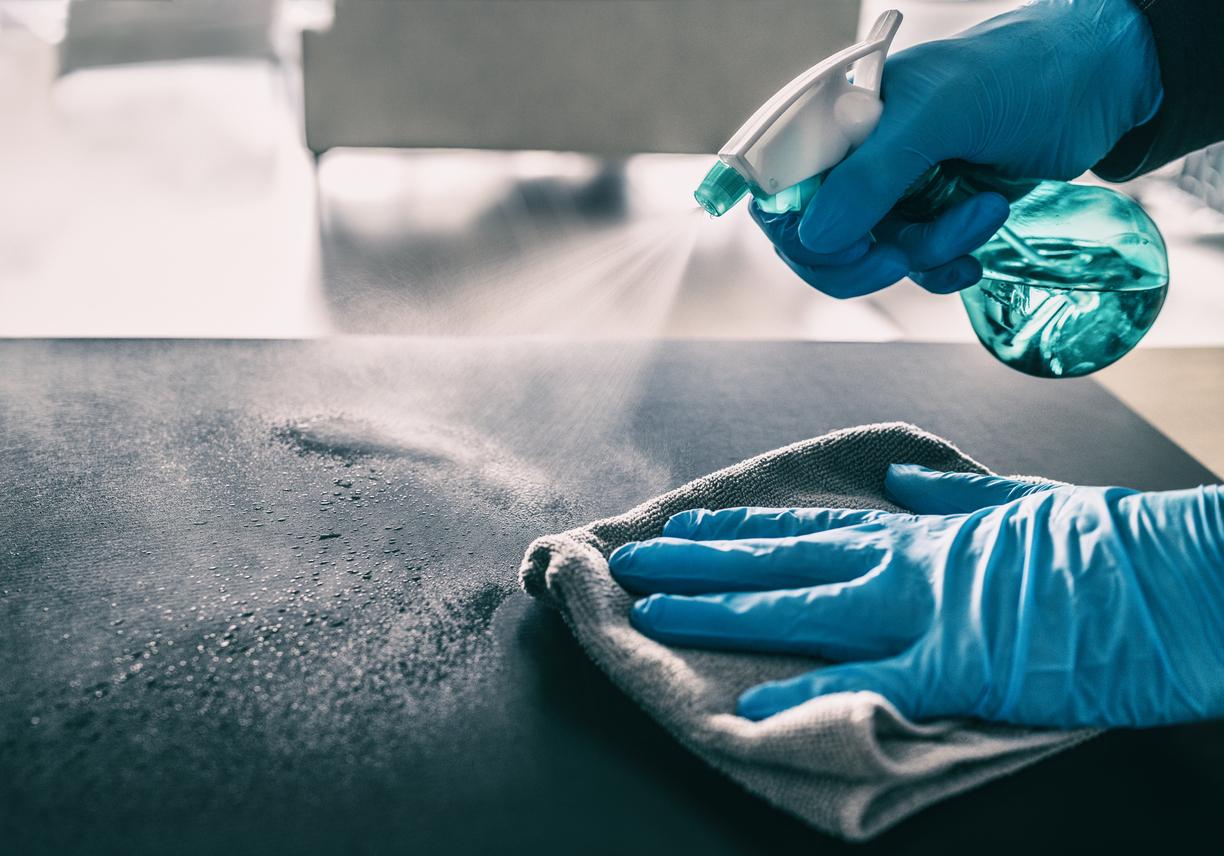Anticipating the worst is a physiological reaction that allows us to prepare ourselves in case of danger.

Imagining a risk even before being confronted with it is not abnormal or absurd, but quite natural. Our brain is programmed to allow us to stay alive and therefore to spot potential dangers in the environment.
Why do we imagine the worst scenarios?
Our natural tendency to contemplate bad news, to be afraid of an unknown situation, to stress in the event of changes or uncertainties is a natural mechanism that allows us to stay alive.
In the event of a real or imagined threat, our brain activates a series of neurobiological and hormonal responses that allow us to prepare for the worst and above all to show creativity to get out of it. It starts with the elaboration of a more or less catastrophic scenario, which triggers physiological reactions such as the secretion of adrenaline, the acceleration of the heart rate and breathing, a feeling of heat or an increase in perspiration.
Is it beneficial to assume the worst?
Being confronted with your fear or imagining disaster scenarios would actually be very useful for better understanding your emotions and resisting in the event of real stress. According to some studies, watching horror movies or experiencing thrills at amusement parks makes it easier to accept a difficult reality.
In times of pandemic and health crises, where uncertainty prevails, those who are able to prepare for the worst are perhaps those who best resist adversity and know how to live in the present.
Source: Scrivner C, Johnson JA, Kjeldgaard-Christiansen J, Clasen M. Pandemic practice: Horror fans and morbidly curious individuals are more psychologically resilient during the COVID-19 pandemic. Pers Individual Dif. 2021 Jan 1;168:110397. doi: 10.1016/j.paid.2020.110397. Epub 2020 Sep 15. PMID: 32952249; PMCID: PMC7492010.
Find out more: “Deciding with full knowledge of oneself” by Philippe Damier, Odile Jacob editions
.

















